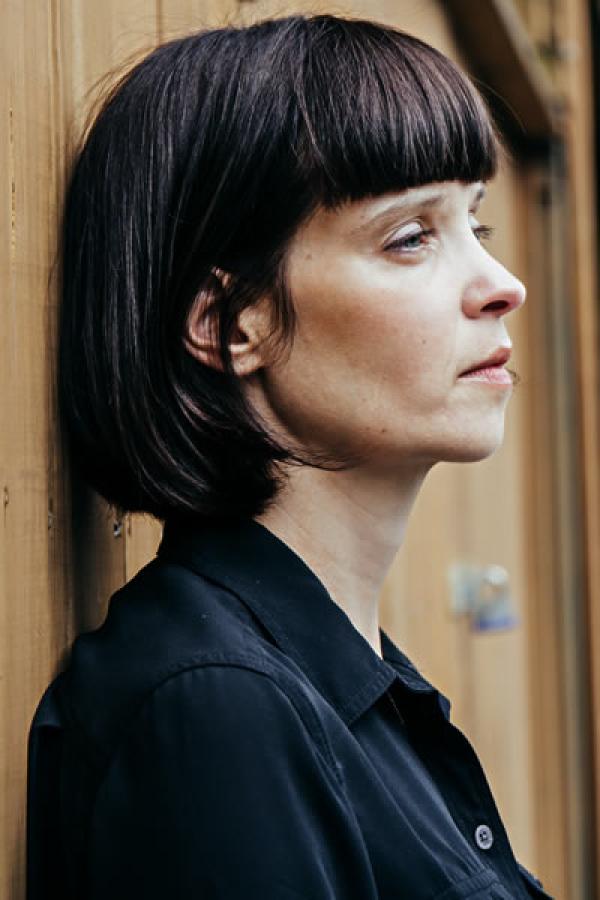Toni Jensen

Photo by Sophia Spirlock
Bio
Toni Jensen is the author of Carry, a memoir-in-essays about gun violence, land, and Indigenous women’s lives, forthcoming from Ballantine in fall 2020. She is also the author of a short story collection, From the Hilltop. She is the recipient of the Katherine Anne Porter Prize for Fiction and the Gary Wilson Short Fiction Award. Her essays and stories have been published in journals such as Orion, Catapult, and Ecotone. She teaches creative writing and translation at the University of Arkansas and in the low-residency MFA program at the Institute of American Indian Arts. She is Métis.
Being awarded this fellowship provides the rare, dual gift of time and recognition. It places my voice alongside the chorus of so many others whose work I admire; it puts my voice in relation to theirs, in their company. I’m grateful in equal measure for joining this company and for this gift of time.
I’ll use both to begin work on a new nonfiction book project, Good News from the Ends of the Earth. I’m interested in visiting with Indigenous people whose lives and lands are in upheaval due to environmental crisis. I’m interested in telling the stories of good news from these people and places, of the work they’re doing, of how they’re making do. I’m interested in acknowledging the realities of our environmental crisis and also in shifting our narrative toward accomplishment, even if small, toward celebration.
The afternoon I got the call about the fellowship, I had just stepped out of the eye doctor’s office where I had learned the name of the instrument that determines the need for prescription lenses: phoropter. With my eyes fully dilated, the shock of afternoon light and the blur of my altered vision seemed to affect my hearing as well and made it hard for me to understand at first what the caller from the National Endowment for the Arts was telling me. But clarity soon returned to all my senses witha terrific sharpness.
Later, I thought about how the moment in the parking light seemed to echo the process by which I’ve been working on this project, How Mark Twain Helped Me Find My Father. As a biographer, my father wrote most passionately about writers. The mystery of their lives was their creative process, which was not something to be solved but something to be lived through their words. While his biographies sought the truth of a man’s creation of identity, as a deeply private person, my father’s remained unspoken. In looking to find my father now through his creative process and his words about others, which I’m reading for the very first time, I’ve often found myself in places of bright light, shadows, and blurriness, uncertain without good glasses, and without him as my guide. So I retread, reread, reimagine, and refocus until lucidity breaks through. This is the challenge and the reward of reading and writing.
I am enormously grateful to the NEA for the time and support that will allow me to keep working for that clarity of vision.

